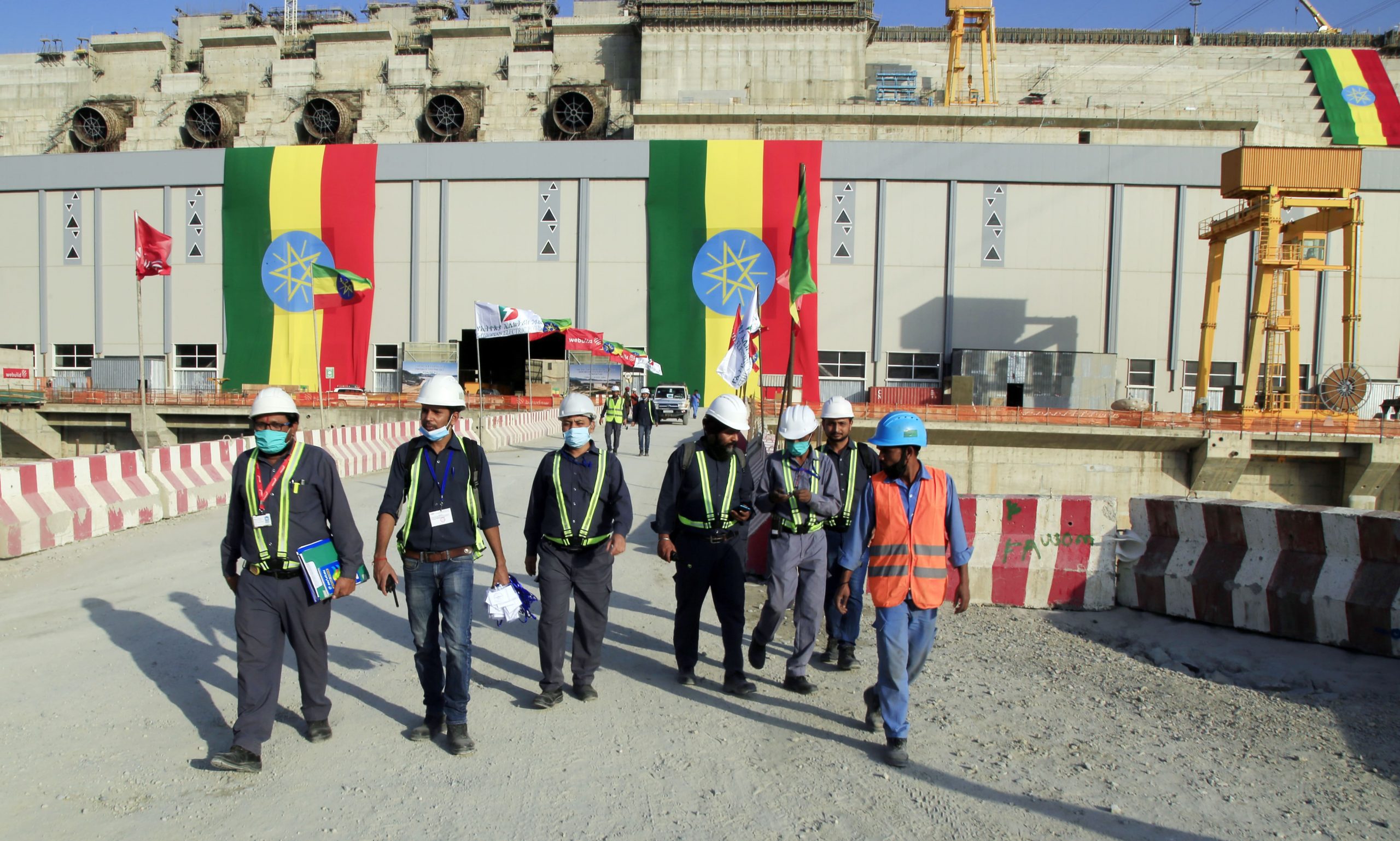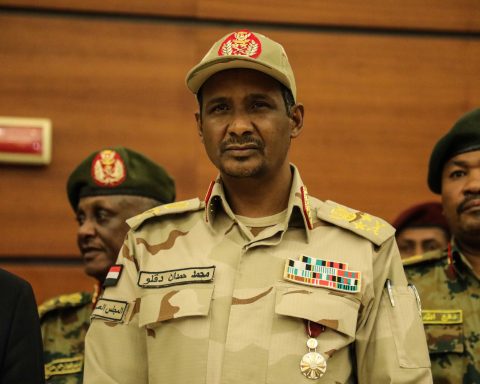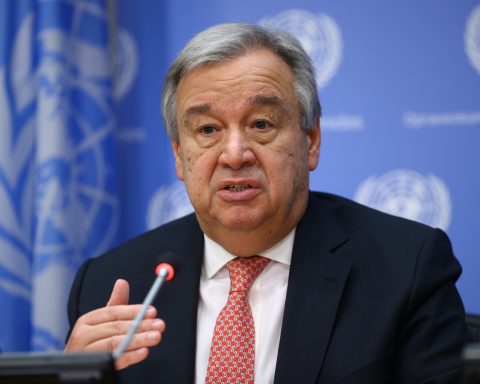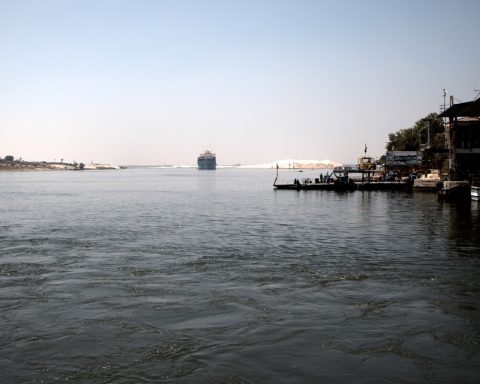The Grand Ethiopian Renaissance Dam (GERD) on the Nile is reported to have become operational after Ethiopian Prime Minister Abiy Ahmed inaugurated it on Sunday. At a ceremony attended by senior military and civilian officials and intellectuals, the inaugural ribbon of the $5 billion project was cut at a ceremony broadcast live on local TV channels.
GERD is a 1.8 kilometer wide and 147-meters (482 feet) high dam and is currently Africa’s largest hydroelectric project, expected to boost Ethiopia’s electric power supply. Ethiopia’s giant project GERD, allegedly built only with money collected by its citizens, will initially produce 750 megawatts of its 6,000 megawatts of installed capacity. In order for the dam to operate at full capacity, 70 billion cubic meters of water are required, which will only be reached in five to seven years. As a matter of fact, only one out of the 16 tribunes of the project was activated. Currently, the dam reservoir holds 18.5 billion cubic meters of water by impoundment during the two main consecutive rainy seasons of June, July and August. It has been reported that the work continues for the third impoundment phase.
Negotiations on the sharing of the Nile water within the framework of the GERD project, which has been under construction since 2011, could not be resolved between Egypt, Sudan, and Ethiopia, and has negatively affected regional crisis areas such as Tigray and the al-Fashaga border area.
Egypt sent a letter to the UN Security Council (UNSC) after Ethiopia officially announced that it had started to produce electricity from the GERD project. In this letter, Egypt stated that it categorically rejected Ethiopia’s unilateral activation of the GERD project due to the lack of a legally binding agreement with the countries in the basin.
Furthermore, Egypt has stated that it holds Addis Ababa responsible for Ethiopia’s breach of its obligations under applicable international law and the Declaration of Principles signed between Egypt, Ethiopia, and Sudan in 2015, and for any significant damage suffered by Egypt as a result of this breach.
In this regard, it has been noted that the Statement of Principles “explicitly and unequivocally” requires Ethiopia to reach a legally binding agreement governing the rules for both the filling and operating processes before embarking on any of these processes.
It was also stressed that Ethiopia’s steps regarding the unilateral filling and operation of GERD would “have a direct negative impact on Egypt’s riparian rights and interests and threaten to cause serious harm to Egypt.”
The letter also underlined the other highlights during the negotiations and discussed that Ethiopia did not undertake the necessary studies on the hydrological, socio-economic and environmental impacts of GERD within the framework of international law and that Ethiopia did not consult with the riparian states beforehand in accordance with its obligation.
Referring to the UN Security Council’s statement published in September 2021, it was stated that it urged the parties to constructively advance the negotiations in order to rapidly conclude a mutually acceptable and binding agreement on the project’s filling and operation.
Sudan, which followed a balanced policy on GERD during the Omar al-Bashir regime, has preferred a foreign policy close to the Egyptian thesis in the past years. Following Abiy Ahmed’s opening of GERD to generate electricity, Sudan, which described this as a “unilateral step”, also referred to the Declaration of Principles of 2015, like Egypt.
As a result, GERD, which started to be built in 2011, has been in a political stalemate between the three countries for about 11 years. Neither the US nor the African Union’s mediation efforts between the parties yielded results. Although Sudan and Egypt offered quadruple mediation through the involvement of the United Nations, the European Union, the United States, and the African Union, it was not accepted by Ethiopia. Contrary to the tributary countries, Ethiopia emphasizes the “African solutions to African problems” argument.














